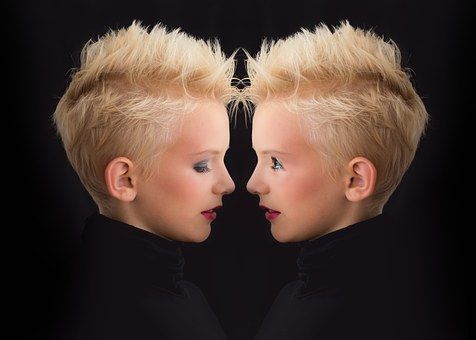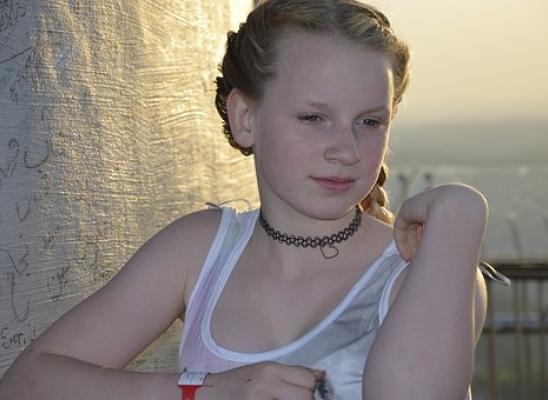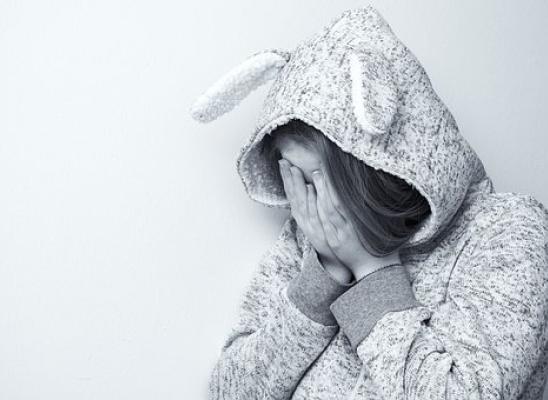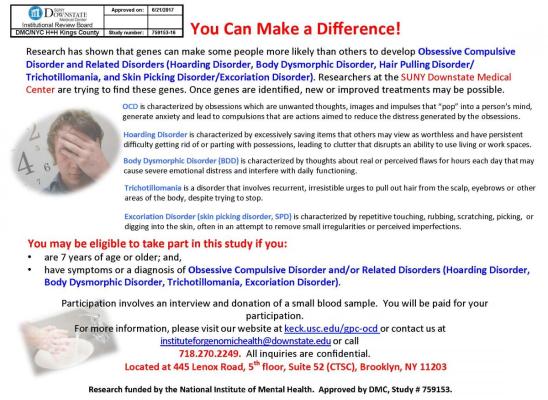New research shows potential link between poor self esteem and hair pulling

Online test
Find out the severity of your symptoms with this free online test
According to research by Elle Brennan, a psychology Masters student at Kent State University in Ohio, the United States, the condition known as hair pulling or trichotillomania may be more common among teenagers than adults than previously thought. The same goes for excoriation (skin picking) disorder. The research study which was her thesis titled "Body Esteem, Symptom Severity and Psychosocial Quality of life in adolescents with Trichotillomania and Pathological Skin Picking" was submitted early in 2016 and forms part of a growing body of new research on these two conditions. Brennan's research acknowledges that both trichotillomania and excoriation form part of a collective of psychotic conditions known as Body Focused Repetitive Behaviours (BFRBs) in which people engage in compulsive behaviours and can't seem to stop, sometimes to the point of causing damage to their own self image and esteem.
Exploring the relationship between hair pulling and body esteem
While Brennan's research mentioned both trichotillomania, which she refers to as hair pulling disorder (HPD) and excoriation, referred to as Pathological Skin Picking (PSP), her thesis focused on exploring the relationships between the severity of HPD, body-esteem and issues related to hair pulling among teenagers between the ages of 13 - 17 years old. Because so little research has been done on how trichotillomania, Brennan wanted to find out how trichotillomania impacted on the psychosocial functioning of these young people to better understand how to help treat these conditions so as to improve their overall quality of life. This is because often, people, particularly young people withdraw from normal activities such as socializing with their friends, engaging in sports and the likes when they become more aware of how their bad habits has adversely impacted on their appearance. This withdrawal can lead to greater depression, isolation, shame, embarrassment and even a decline in academic performance. Psychosocial functioning shows how people develop psychologically in relation to their environment.
How hair pulling impacts on young people's sense of self
Brennan's research looked at what she called the Child and Adolescent Trichotillomania Impact Project that studied this impact hair pulling has on people who engage in this compulsive-obsessive activity. The Child and Adolescent Trichotillomania Impact Project which makes use of several different measuring metrics was approved by the University of Wisconsin-Milwaukee Institutional Review Board. In her thesis, Brennan indicated that statistics showed that trichotillomania is a psychiatric condition that affects between one to three percent of adults. However, she states that she believed the condition is more common among young children aged 11 - 13 and that it begins in childhood and often continues into adulthood. She highlights how:
"psychosocial functioning in general - which is influenced by one's sense of confidence, self-efficacy and overall self-esteem - is integral to quality of life, broadly
impacting domains such as academic and social functioning."
The reasons why people pull their hair out varied. Sometimes, Brennan noted, it can be triggered by something as harmless as peer teasing which can result in "low self-esteem, negative self-image, feelings of unattractiveness and

body dissatisfaction."
All of the above mentioned reasons are common, Brennan pointed out, and are linked to depression and anxiety. She noted that hair pulling seems to be more prevalent among women
than men and noticed that while the reasons could be similar for PSP, more research would be need to be undertaken in this regard. She found that while young people who pulled their hair out felt because it was something they tried to do in secret, they could get away with it while the same could not be said of people who picked at their skin, which was on a more noticeable area of their skin. The study found the peer criticism or praise about how one looked played an important role in how someone felt about him or herself and could have a lasting impact. The study also found that young people who both pulled their hair out and picked their skin had an even lower self - esteem than people who just pulled their hair out.
Integrating body esteem strategies could help young people to stop hair pulling
Brennan cited that her findings on how trichotillomania and skin picking seems to have an adverse impact on young people's self-esteem pointed to the need for integrating body-esteem intervention strategies into psychological treatments. She acknowledged that while this type of integration has not been empirically studied when it comes to BFRBs, the application of self esteem strategies when it came to helping people who compulsively bit their nails seem to indicate that it is something worth looking into. Especially as it has seen invaluable peer support in helping these people to stop biting their nails. Brennan, in her research, concluded that:
"future clinical research in youth with these disorders might aim to incorporate improvements in body-esteem as a goal of therapy to help combat shame and embarrassment and reduce avoidance, ultimately to decrease distress and improve overall quality of life."
Brennan's research, thus in a nutshell, sheds light on the importance of incorporating body-esteem strategies into existing strategies to treat BRFBs in such a way that it encourages young people to stop their compulsive urges to pull out their hair or pick at their skin and become more confident, well adjusted people who participate in activities and fulfill their potential.
Online test
Find out the severity of your symptoms with this free online test
Start your journey with TrichStop
Take control of your life and find freedom from hair pulling through professional therapy and evidence-based behavioral techniques.
Start Now



